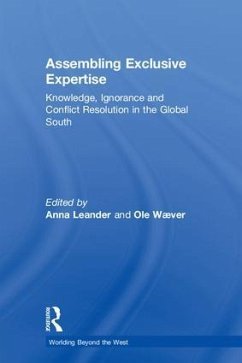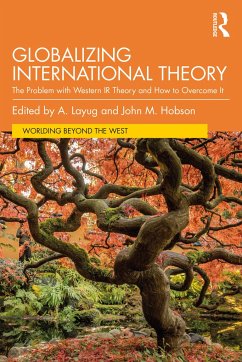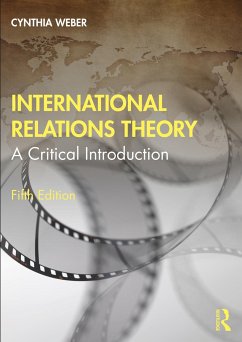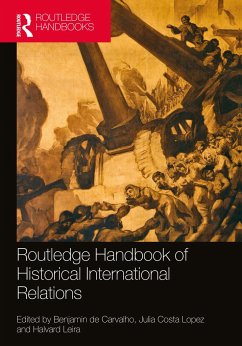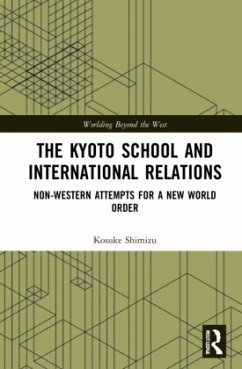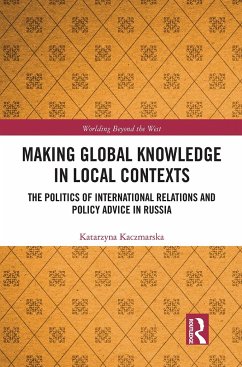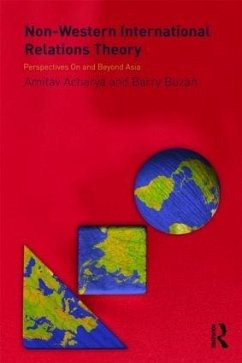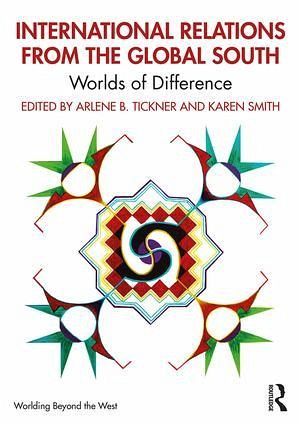
International Relations from the Global South
Worlds of Difference
Herausgegeben: Tickner, Arlene B.; Smith, Karen
Versandkostenfrei!
Versandfertig in 6-10 Tagen
41,99 €
inkl. MwSt.
Weitere Ausgaben:

PAYBACK Punkte
21 °P sammeln!
This exciting new textbook challenges the implicit notions inherent in most existing International Relations (IR) scholarship and instead presents the subject as seen from different vantage points in the global South.Divided into four sections, (1) the IR discipline, (2) key concepts and categories, (3) global issues and (4) IR futures, it examines the ways in which world politics have been addressed by traditional core approaches and explores the limitations of these treatments for understanding both Southern and Northern experiences of the "international." The book encourages readers to cons...
This exciting new textbook challenges the implicit notions inherent in most existing International Relations (IR) scholarship and instead presents the subject as seen from different vantage points in the global South.
Divided into four sections, (1) the IR discipline, (2) key concepts and categories, (3) global issues and (4) IR futures, it examines the ways in which world politics have been addressed by traditional core approaches and explores the limitations of these treatments for understanding both Southern and Northern experiences of the "international." The book encourages readers to consider how key ideas have been developed in the discipline, and through systematic interventions by contributors from around the globe, aims at both transforming and enriching the dominant terms of scholarly debate.
This empowering, critical and reflexive tool for thinking about the diversity of experiences of international relations and for placing them front and center in the classroom will help professors and students in both the global North and the global South envision the world differently. In addition to general, introductory IR courses at both the undergraduate and graduate levels it will appeal to courses on sociology and historiography of knowledge, globalization, neoliberalism, security, the state, imperialism and international political economy.
Divided into four sections, (1) the IR discipline, (2) key concepts and categories, (3) global issues and (4) IR futures, it examines the ways in which world politics have been addressed by traditional core approaches and explores the limitations of these treatments for understanding both Southern and Northern experiences of the "international." The book encourages readers to consider how key ideas have been developed in the discipline, and through systematic interventions by contributors from around the globe, aims at both transforming and enriching the dominant terms of scholarly debate.
This empowering, critical and reflexive tool for thinking about the diversity of experiences of international relations and for placing them front and center in the classroom will help professors and students in both the global North and the global South envision the world differently. In addition to general, introductory IR courses at both the undergraduate and graduate levels it will appeal to courses on sociology and historiography of knowledge, globalization, neoliberalism, security, the state, imperialism and international political economy.






